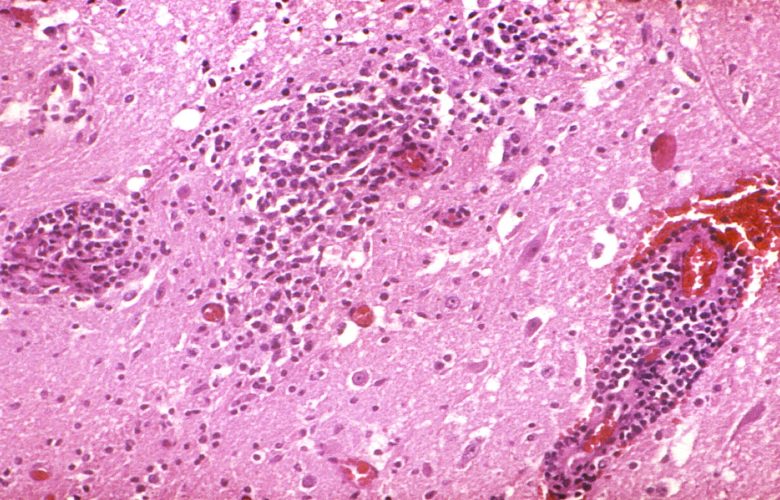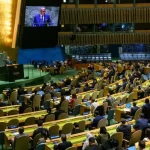Different countries have different definitions for what constitutes a rare disease. For example in the US, Rare Disease is defined as one affecting fewer than 200,000 Americans. Here in Ethiopia, there is no specific definition but rather a general one as a disease that affects a small percentage of the country.
Although there is no country specific definition for Ethiopia as to what Rare Disease is, or a clear criteria for orphan drug designation, the country is a receiver of orphan drugs for diseases such as Leukemia, multiple sclerosis, Short Bowel Syndrome and advanced ovarian cancer.
According to the Ethiopian Food, Medicine and Healthcare Administration and Control Authority (FMHACA), a pharmaceutical product is called an “orphan drug” when, although promising or clearly valid from a Scientific and therapeutic point of view, it is not profit-bearing and therefore, not interesting for the pharmaceutical industry.
While getting treatment for rare diseases is difficult in a country like Ethiopia, the problem actually doesn’t start there.
“Lack of affordable diagnostic tests is a big problem. Usually tests need to be sent abroad making it unaffordable for patients. Also physicians may be prone to diagnose diseases that are common and may not have updated knowledge on rare diseases,” According to Dr Kalkidan Alachew, who is a diabetic and hormone sub- specialist from the Lancet National Medical and Surgical Center.
In Ethiopia, the public healthcare sector is poorly funded and most private facilities are out of reach for the general population. Lack of funding means that almost all of the support goes into diagnosing and treating conditions that affects majority of the people.
“No, there isn’t enough attention given (to diagnosing) and it places the burden on the patients in getting the proper tests done and procuring treatment from abroad,” Dr Kalkidan says.
“I think the first thing needed is to expand the lab tests available in order to understand the burden of these diseases. Vaccines and treatments should also be available in certain specific centers in order to see how our patient population responds to the treatments. Then we can look towards research centers,” she also says.
It is clear that research and access to diagnostics is needed to understand specifics of those that are suffering from rare diseases and a more concrete form of collaboration is needed between in-country and regional and global institutions that are working in the sector.
According to Dr Kalkidan, the current collaborative efforts are not nearly enough.It doesn’t even exist between medical centers within the same country.
“To begin with, the doctors themselves don’t know how to diagnose rare diseases because they don’t deal with such diseases frequently. That’s why there are a lot of people that get misdiagnosed and miss the opportunity for an early intervention which leads to a huge health deficit or even untimely death,” According to Alem Tesfaye, whose daughter suffers from multiple sclerosis (MS).
According to Alem, her daughter’s health started to decline in her early teens. Physical symptoms such as pain and increasing limitation on mobility was misdiagnosed as a possible disk slip.
It was after a couple of years, and after the family themselves did their own research and advocacy, she was diagnosed with MS.
“Once that was known, we moved on to finding the right treatment. But we soon found out that there wasn’t any. We had to contact doctors in Thailand and India and source medicine from those countries paying a significant amount of money,” Alem said. But the fact that her daughter was not diagnosed early enough has given the disease a chance to progress at a faster rate leading to a faster decline in the quality of her life.
“It didn’t take long before she had to use a wheelchair and had to be assisted to eat and drink and do any of the things able bodied people did,” Alem said.
In a way, Alem considers her family lucky because although late, they still had the means to advocate and source treatment. There are many that are not so fortunate.
“So many can’t even look up their symptoms on google and try to talk to their doctors about their research. Majority will live feeling sick and never really understanding why and that is really heartbreaking,” Alem says.
Looking at the continuous medical advancements in developed countries and the growing opportunities to treat the rarest diseases that currently exist, countries like Ethiopia remain very far away from accessing those advancements. Global healthcare equity does not exist and it will not for the foreseeable future.
“We need more funding in the health sector, more research and more collaborations. The amount of things I learned from what my daughter went and continues to go through is really eye opening. We are extremely behind and we need to work on that,” says Alem.





